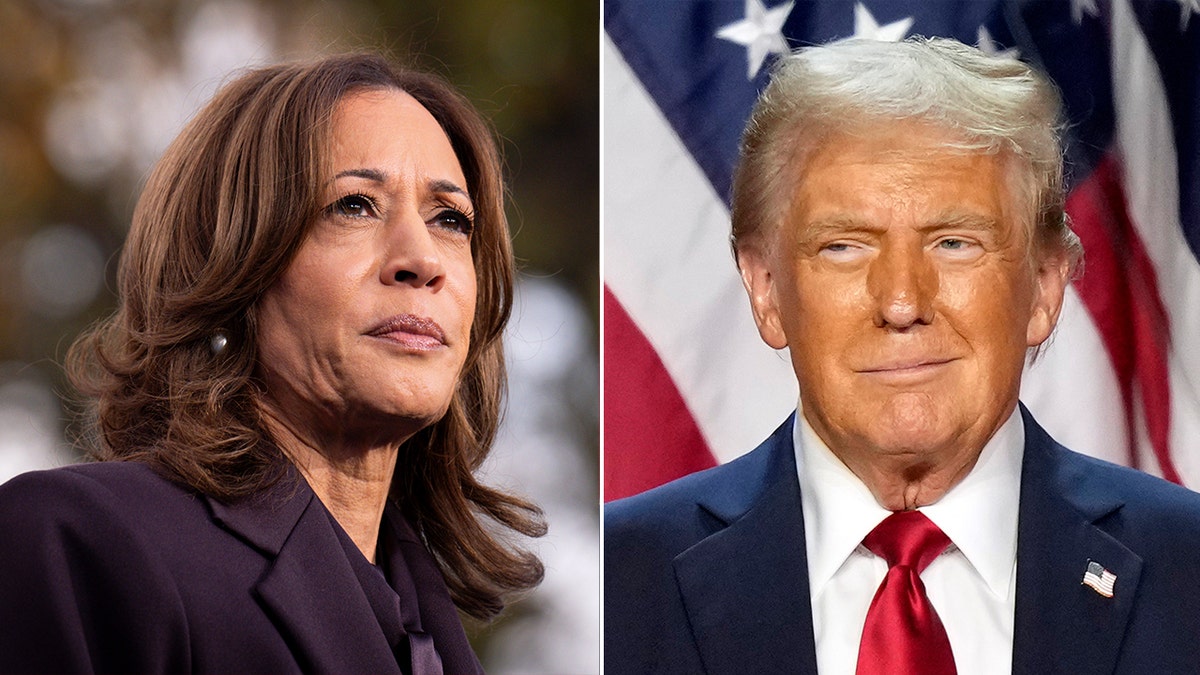A University of California, Berkeley professor has sparked debate by suggesting the Democratic Party rethink its reliance on traditional racial politics following the 2024 presidential election. Jerel Ezell, in a Politico op-ed, argued that the election results, which saw increased support for Donald Trump among certain minority groups, exposed a flaw in the Democratic strategy.
Ezell pointed out that despite relying heavily on Black, Latino, Indigenous, and Asian voters, Democrats were caught off guard by Trump's improved performance with some of these demographics. He highlighted the significant gains Trump made with Latino and Asian voters, while noting a slight decrease in support among Black voters compared to the 2020 election. While Indigenous voters largely favored Democrats, their impact was less decisive in key swing states.

Ezell argues that the concept of a unified "people of color" bloc oversimplifies the diverse cultural, social, and economic realities of these groups. He suggests that the perceived solidarity, while perhaps strong during the civil rights era, has diminished over time. The Democratic Party, he contends, has overestimated the political alignment of these groups.

A Fox News Voter Analysis underscored Trump's success in attracting voters from traditionally Democratic demographics. His increased support from Hispanic, Black, and young voters, particularly among men within these groups, played a crucial role in his victory over Kamala Harris. This data further supports Ezell's argument about the shifting political landscape and the limitations of traditional racial coalition-building.








